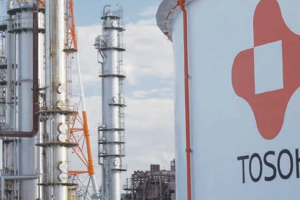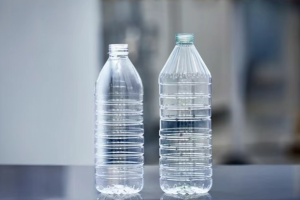May 18, 2025 –
The British Plastics Federation (BPF) has recently raised significant concerns over fraudulent reporting practices within the plastic recycling sector. The BPF highlights that certain companies, driven by financial gains or a desire to project an eco-friendly image, are deliberately inflating the actual recycled plastic content in their products. Such practices not only undermine genuine sustainability efforts but also distort market competition, placing firms genuinely committed to using recycled materials at a disadvantage.
To combat this challenge, the BPF is urgently advocating for the establishment of standardized verification systems at both national and international levels. This system, as per insights from the Color Masterbatch Industry Network, would unify declaration standards for recycled content across the plastic industry, thereby regulating market behavior. This recommendation aligns with the concerns expressed by the Organisation for Economic Co-operation and Development (OECD) in its “2025 Monitoring Report on Plastic Waste and Scrap Trade.” The OECD has noted that some countries continue to export plastic waste to non-OECD nations, complicating efforts to track the environmental impact and authenticity of recycled materials.

Fraudulent reporting has dealt a severe blow to honest businesses. The BPF has received reports of companies being forced out of the market due to competitors’ fraudulent practices related to plastic packaging taxes. These rivals exploit false declarations of high recycled content to evade taxes or secure subsidies, gaining an unfair competitive edge. To address this issue, the BPF is encouraging companies to actively report suspicious or fraudulent activities related to plastic content declarations, thereby raising awareness among governments and regulatory bodies and advocating for stricter oversight measures.
Furthermore, OECD research indicates a continuous decline in international plastic waste trade volumes between 2022 and 2023. While this trend may reflect improved domestic recycling capabilities in some regions, the OECD also cautions that insufficient transparency in exports, particularly to non-OECD countries, makes it challenging to verify whether materials are properly recycled or merely dumped. This lack of traceability underscores the urgency of increasing investment in national recycling infrastructure, particularly in the UK. The BPF believes that better recycling facilities would facilitate easier tracking of plastic material flows, reducing the risk of manipulation or fraud.
Looking ahead, the OECD has outlined long-term goals in its “Policy Scenarios to Eliminate Plastic Pollution by 2040” report, aiming to reduce plastic pollution by 96% by that year. Achieving this objective will require concerted global efforts, including curbing virgin plastic production, improving waste management, and combating fraudulent recycling practices. By enacting stricter regulations, increasing investment in recycling infrastructure, and encouraging the reporting of fraudulent activities, the UK and its international partners are poised to lead the way in steering the plastic industry towards a cleaner, more responsible future.














